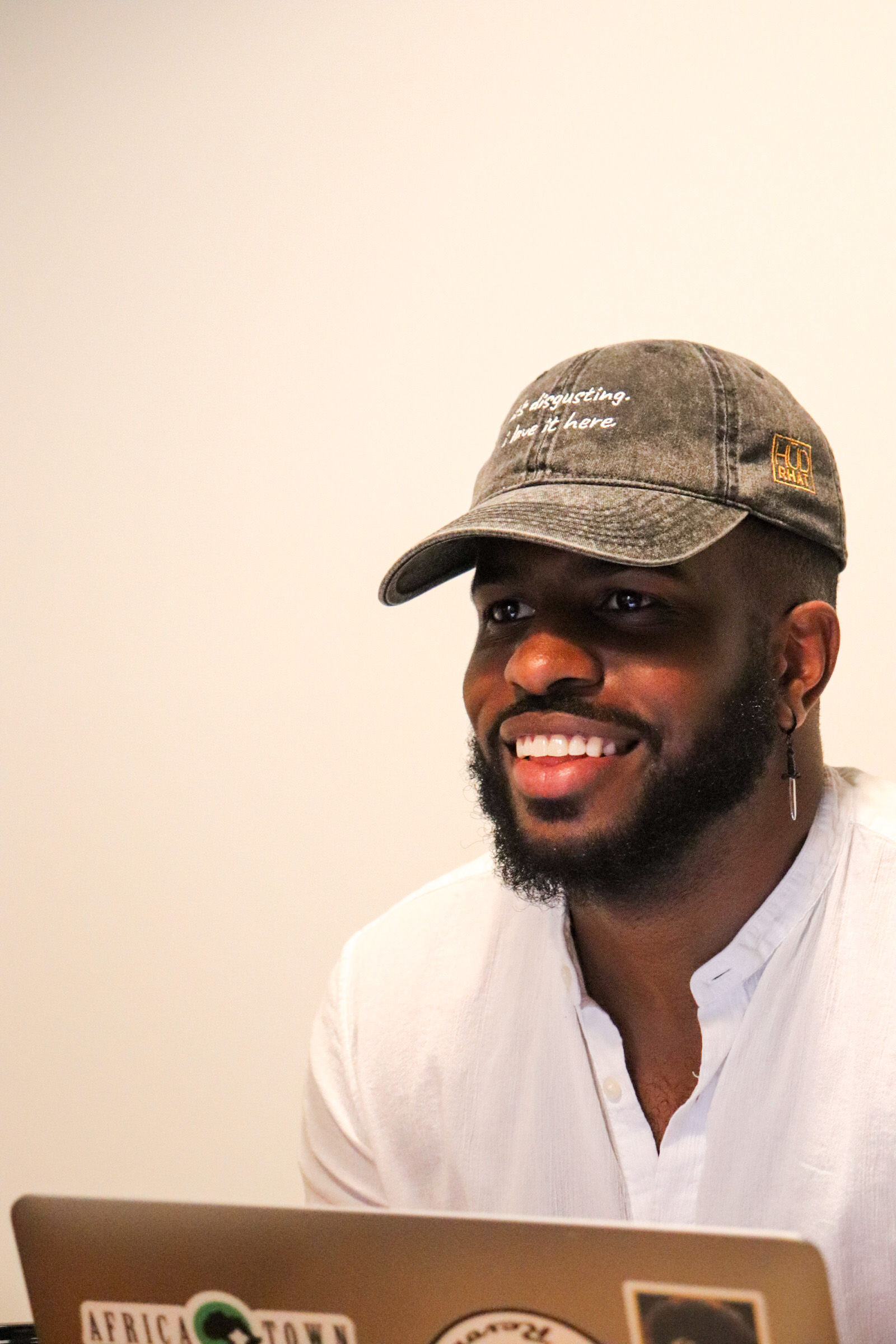Considering Buying a Franchise or an Existing Business?
- Jawan Harris

- Jan 2, 2023
- 4 min read
If you're a new entrepreneur considering what type of business to buy, you may wonder whether to buy a franchise or an existing business. Even for the seasoned entrepreneur, deciding to buy a new business is certainly not an easy task.

In this post, we will review the pros and cons of buying a franchise versus an existing business, leaving you better equipped to make the best decision for your future.
Buying a Franchise.
Franchising presents an exciting and unique opportunity for business owners, allowing them to be your boss without the risk of starting a business from the ground up.
When you buy a franchise, you gain access to the infrastructure and the team, needing to build less from scratch. With an already successful business model, it is generally easier to move the needle faster to turn a profit. A franchise is an excellent option if you want more guidance as you start your new business venture. What you gain in direction, however, you lack in freedom and control, as you have less flexibility in operating the franchise.
There are two forms of franchises that you will need to consider. They are known as product/trade name franchising and business format franchising. Regardless of the form of franchise you decide to go with, you get the right to use the logo, name, and products. This comes with the obvious benefit of instant brand recognition for your business, as there are likely existing promotions and marketing for the brand. The painful sacrifice is less personal creativity regarding running the company, as you must follow the rules of the more prominent brand.
Existing Business: More Control, Less Guidance.
Full ownership of an existing business puts you in the driver's seat. All direction, operations, vision, and infrastructure are entirely up to you. For successful, experienced business owners, this is less intimidating than it would be for a first-time entrepreneur that may need more guidance. The most significant benefit of buying an existing business is that it has an established game plan that includes an existing customer base, experienced employees, and detailed operating expenses.
Examine The Business and Yourself.
Now that we've covered the differences between buying an existing business and a franchise, there are crucial elements to identify before moving forward with your purchase.
Review the outlook and analyze the existing infrastructure, ensuring you understand everything about the business and what comes with your purchase. Ask questions about contracts, current cash flow, inventory, and leases. More information gathered leads to well-informed decisions.
Examine your strengths and lifestyle honestly and without judgment. When you take a moment to review your skills and experience, this process can help you eliminate any impractical business opportunities.
Quantify your investment by scrutinizing the financial landscape of the business. After deciding how much you'll be willing to spend, you can better select which company fits your budget.
After analyzing the pros and cons of each business type as it relates to your lifestyle, you probably have a better grasp of whether buying an existing business or franchise is right for you.
Final Steps When Buying a Franchise or Existing Business.
Next, you'll want to evaluate the specific opportunity in depth with another mentor and professional. We strongly advise you never to make this decision based on passion alone.
Regarding buying a franchise, gathering all existing reports and playing detective to analyze your future investment is always prudent. If you decide to buy a franchise, review the associated rules and regulations, as these vary across every franchise. Don't forget to gather all contracts and ensure you understand everything before signing on the dotted line.
Existing businesses have a few different nuances to consider. It's a good idea to get licenses and permits from the owner, then check to see which federal, state, and local licenses you need to run your business. Next, double-check the zoning laws in your area to ensure your business is compliant. For any business that comes with real estate, ensure there aren't any environmental concerns you need to address. Lastly, you'll need to determine the value of the business you're preparing to buy. A few different methods we recommend when determining a fair price for the company include the following: capitalized earning approach, excess earning method, cash flow method, tangible assets method (balance sheets method), and value of specific intangible assets method.
Here is a quick breakdown of the different methods to consider:
The capitalized earning approach thinks of the return on the investment.
The excess earning method is similar to the capitalized approach, except it distinguishes the return on assets from other earnings from the new business.
The cash flow method is used to figure out how much of a loan the business's cash flow can handle.
The tangible assets method, also known as the balance sheet method, values the business by its tangible assets.
The value of specific intangible assets method has you comparing buying a wanted intangible asset versus creating it yourself.
Once you're ready to buy your new business venture, seek professional guidance. An accountant and attorney can provide invaluable resources and help you create and evaluate essential documents.
Still unsure how to buy a franchise or existing business? Contact us today for a free consultation.
About The Author

Kristin Burke is a small business marketing expert, author, and urban gardener. As a former food truck owner of Chicago's first schnitzel truck, she has first-hand knowledge of launching a small business successfully. She has been a writer for various small business blogs since graduating from the University of Chicago in 2008.














Comments